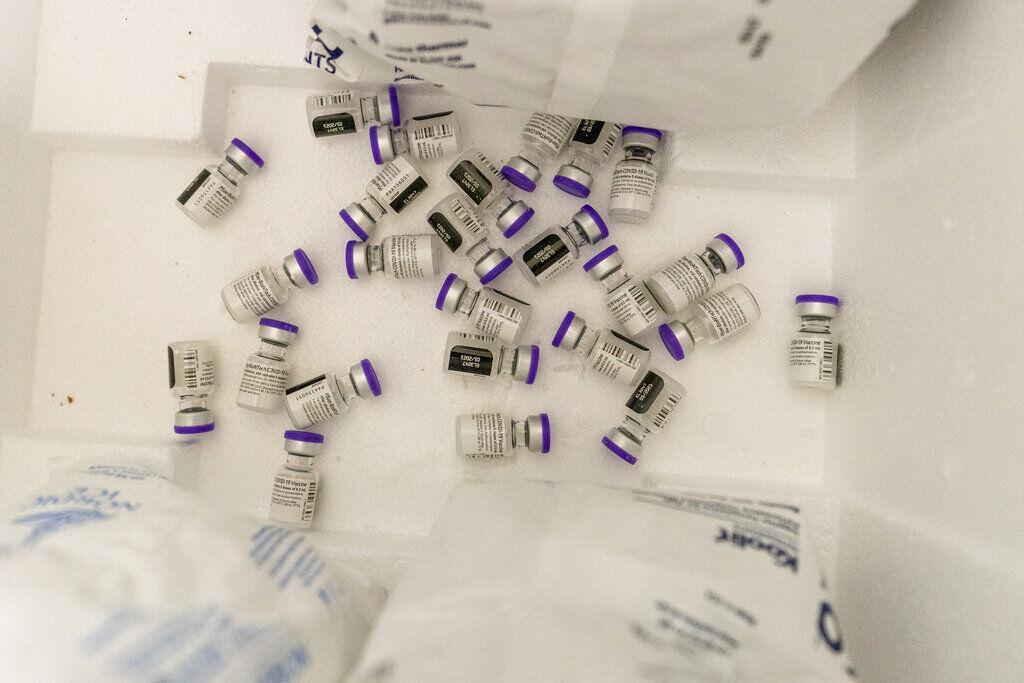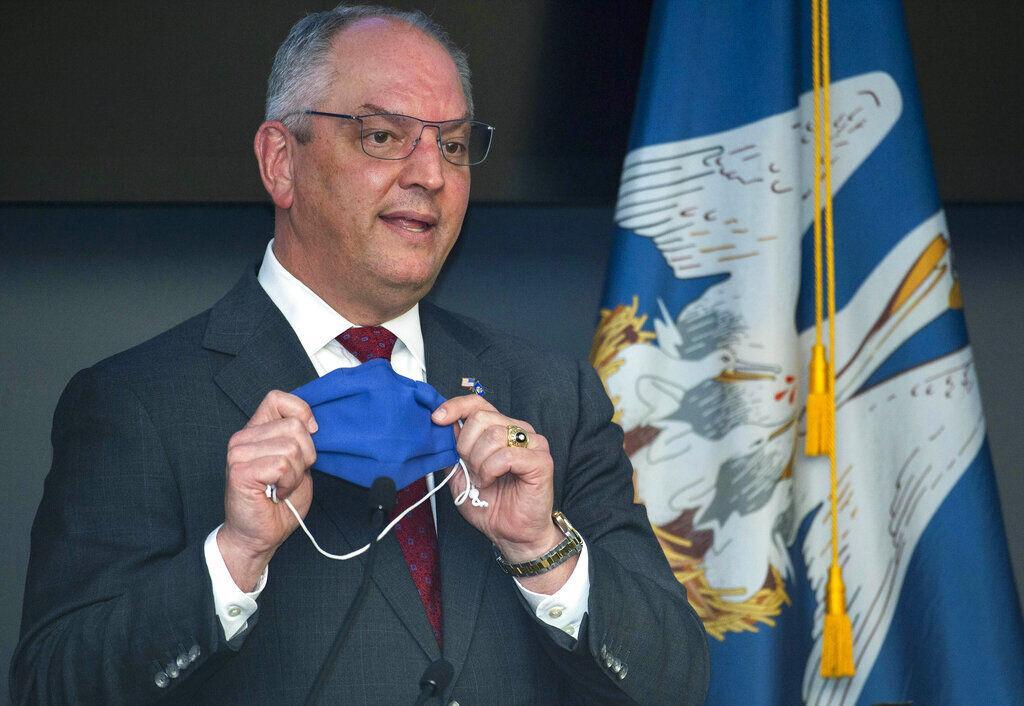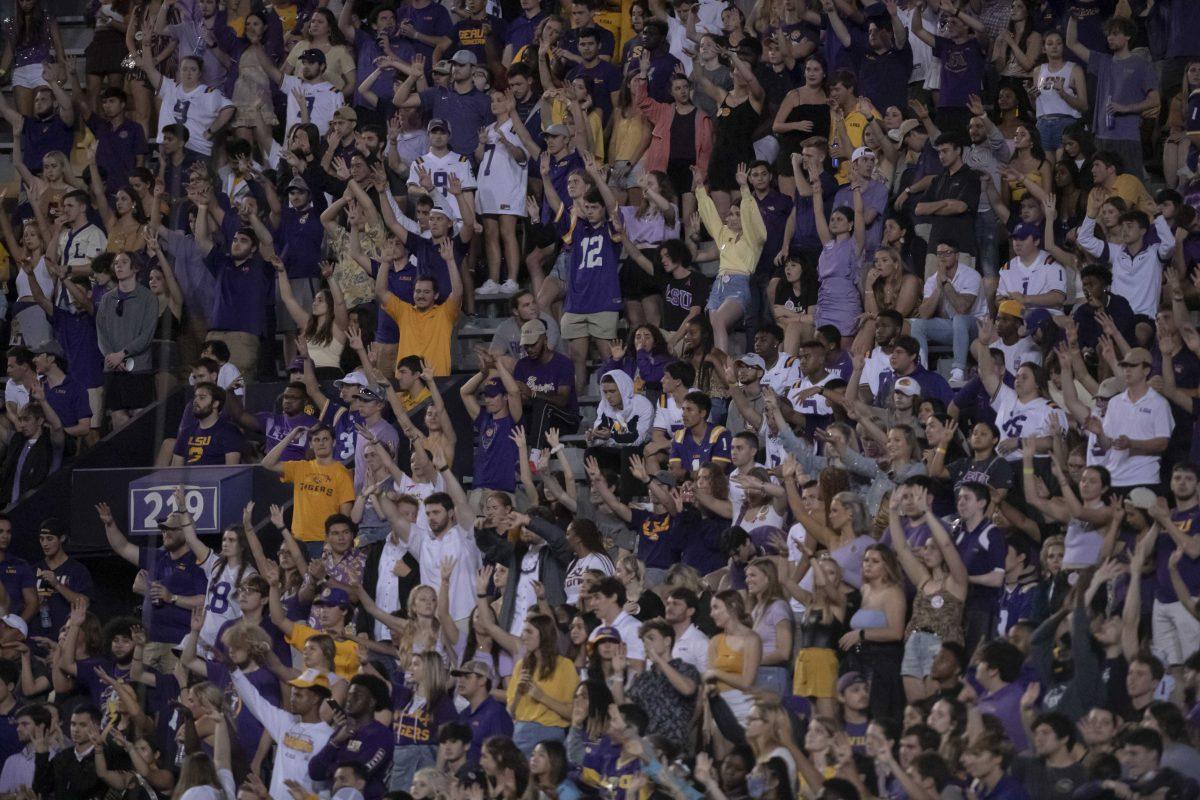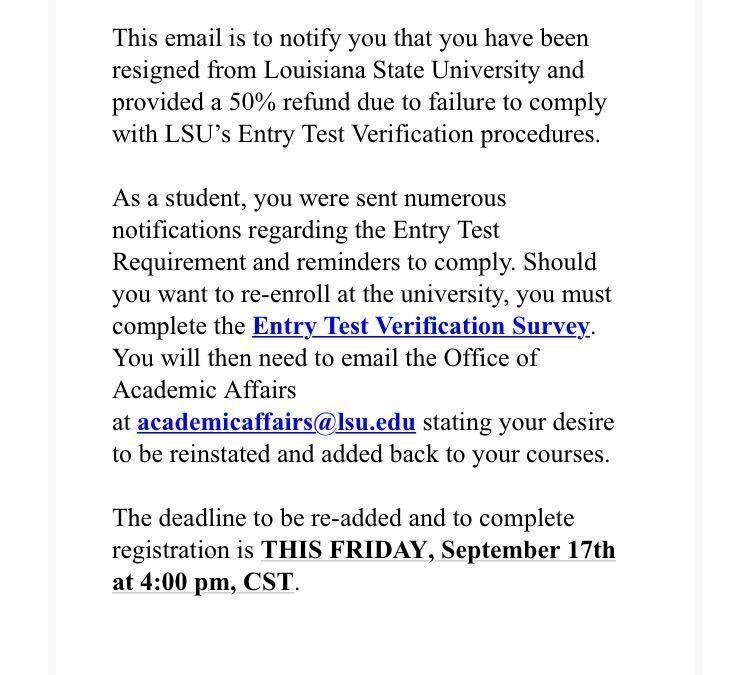One of the vaccines available to Louisiana residents, the Pfizer-BioNTech COVID-19 vaccine, utilized technology created by researchers at LSU Health Shreveport in its development.
Dr. Robert Rhoads, professor emeritus and former head of the Department of Biochemistry & Molecular Biology at LSU Health Shreveport, helped develop the technology which was used in the production of the vaccine.
Rhoads holds seven patents related to mRNA, or messenger RNA, a string of biological code that is read by ribosomes to make proteins needed by the cell, according to a press release issued by the LSU Office of Research & Economic Development.
For the Pfizer-BioNTech COVID-19 vaccine and other COVID-19 vaccines, mRNA can instruct the body to create fragments of proteins that look like the coronavirus spike protein. This process can prime the immune system to defend the body if real coronavirus is ever detected, according to the press release.
“Both the Pfizer and the Moderna vaccine are mRNA vaccines,” Dr. Chris Kevil, vice-chancellor of research for LSU Health Sciences Center, said. “mRNA stands for messenger ribonucleic acid and mRNA is the bit of nucleic acid material that is transcribed from DNA.”
Kevil said developing a COVID-19 vaccine was complex and required extensive research going into production.
“That mRNA goes to typically a cellular organelle called endoplasmic reticulum, and then it’s converted by something called ribosomes to a protein,” Kevil said. “Then that protein is shuttled throughout different parts of the cell and goes on and does whatever it does.”
Rhoads was able to help develop the technology at LSU Health Shreveport which contributed to a COVID-19 vaccine being developed, because he had years of past experience working with mRNAS, according to Kevil.
“It’s interesting because at our university here [LSU Health Shreveport], one of our professors, Dr. Robert Rhoads, had a very storied and rich career in studying mRNAs and how cells use mRNAs to make protein,” Kevil said.
Originally, BioNTech, a German biotechnology company, was using the technology developed by Rhoads and LSU Health for cancer research. After the pandemic began, efforts were shifted to use the technology to help with the development of a COVID-19 vaccine.
“Roughly at the end of 2019, it became apparent that the virus ran out of control in Wuhan, and I have colleagues over in China, and it became pretty clear that if they were able to get a copy or a sequence of the mRNA from that virus that was infecting everybody in Wuhan, that they could make mRNA based vaccine, and that’s what they did,” Kevil said.
Scientists Ugur Sahin and Ozlem Tureci used technology developed by Rhoads when the vaccine was being developed.
“They utilized the same technology BioNTech did, that they licensed out from us and other places to make the mRNA vaccine for SARS-CoV-2. The thing that’s so unique and actually unprecedented is the fact that they could create that vaccine literally overnight,” Kevil said.
Members of the LSU community shared their gratitude to this big accomplishment for LSU Health Shreveport and Rhoads among other doctors.
LSU Interim President Thomas Galligan shared his appreciation for the hard work Rhoads and the rest of the LSU community played in helping develop a COVID-19 vaccine.
“We are immensely proud of Dr. Rhoads’ work,” Galligan said in a press release.








